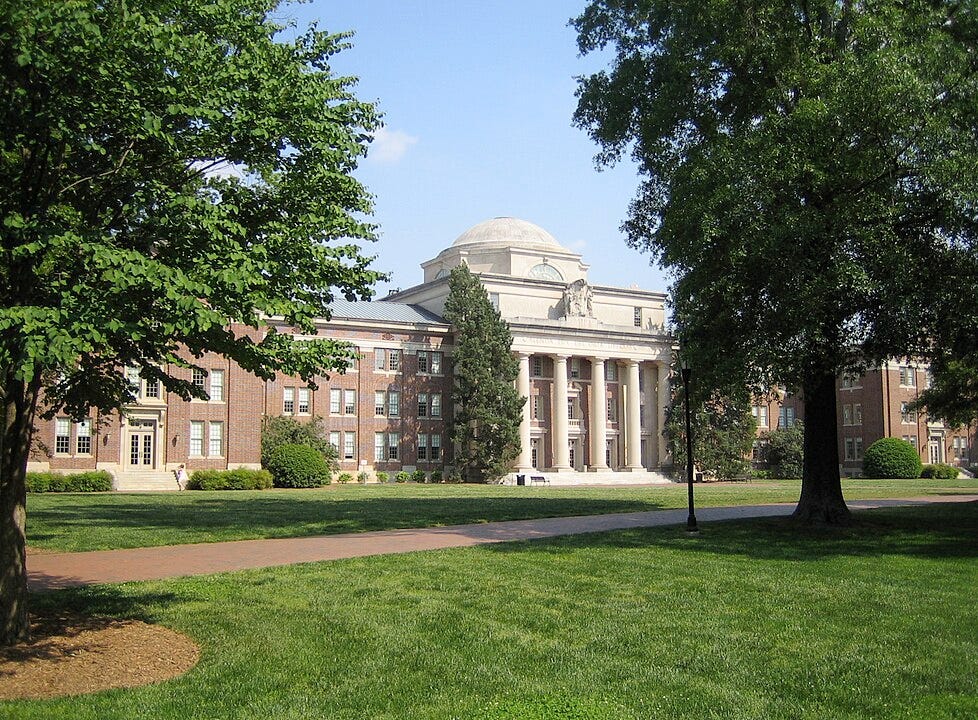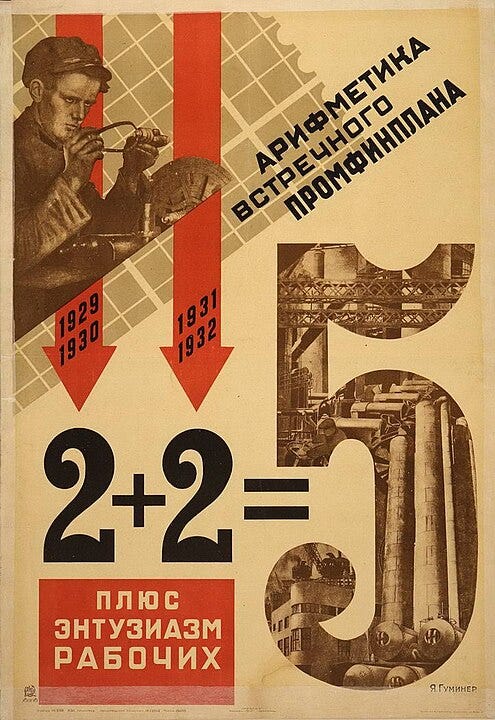Today’s title looks like it might head the next chapter in College for Christians, my serial guide organized around questions about higher education. But while the liberal arts will start to come up more once we get into the second half of the book, I’m not really using that book to make a case for my favorite model of education. Instead, my goal in College for Christians is to help students and families with a variety of educational objectives considering diverse types of schools.
But over supper the other night, we were making plans to take our kids on a preliminary college tour next year. I suggested that they might want to compare a large research university to a small liberal arts college.
“What are the liberal arts?”, my son asked.
I know this is familiar territory for this Substack newsletter — as it was for the WordPress blog that preceded it. But for those who want to read my (relatively) concise answer to Isaiah’s question, here’s what I told him and his sister:

I started with what I meant by small liberal arts college. (“It might not have a business, nursing, or social work major, but it will have majors in the arts, humanities, and sciences, most of them smaller than the general education curriculum.”) But then I tried to step back to explain what I take to be the larger purposes of the liberal arts, whether they’re offered within an “arts and sciences” college with limited professional programs or as a broad general education curriculum completed even by students pursuing more specialized career preparation.
Most fundamentally, the liberal arts are liberating arts. They free us from prejudice, ignorance, selfishness, subservience, and other forces that keep people from thinking critically, speaking honestly, listen empathetically, behaving ethically, seeking justice, and choosing wisely as members of a free society.
Not on all topics, but yes: I do sometimes talk to my fifteen year old children in this way. It’s not just for Substack readers.
But I’m not sure that explanation made a lot of sense to 9th graders — or anyone else. Fortunately, the very act of teaching within the liberal arts provides new ways of explaining what they are.
As I started teaching 1984 this week in my Cold War-themed Honors seminar, it occurred to me that George Orwell’s dystopian novel illustrates well the liberating purposes of the liberal arts, by the absence of those fields of study from the totalitarian society Orwell imagines.
1984 is a great novel about a world without great novels, for there is no room for literature under a regime that regards the writing of a diary as treason. Nor for the study of languages, where Newspeak has purged English of all beauty, richness, and complexity. For philosophy, when thought itself is a crime and the perverse contradictions of Doublethink become their own logic. For history, where all evidence of the past is falsified or simply disappears down a memory hole. For mathematics, where asserting “2 + 2 = 5” is an affirmation of loyalty. For theology, where there is no power higher than Big Brother.
Keep reading with a 7-day free trial
Subscribe to The Pietist Schoolman to keep reading this post and get 7 days of free access to the full post archives.




